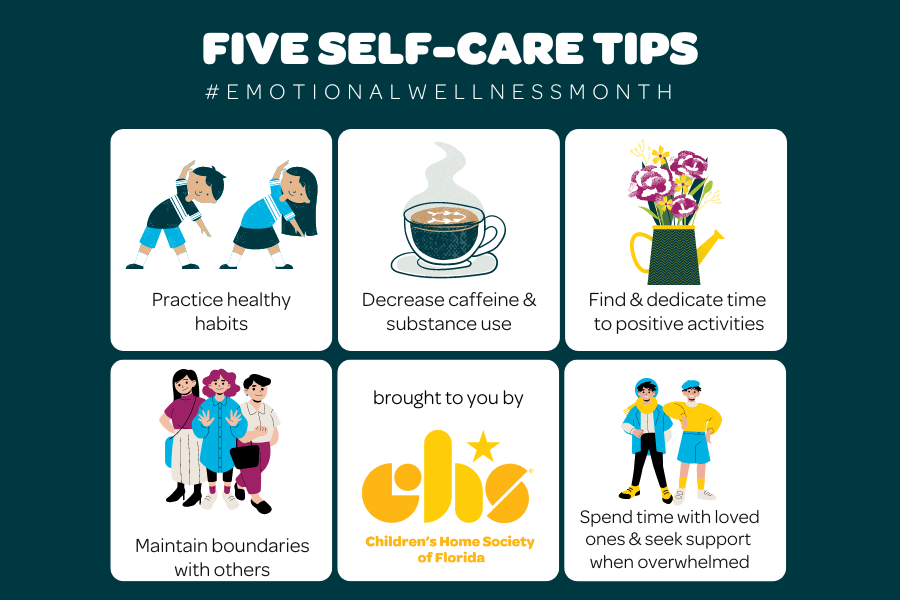Benefits for Physical Health
Regular exercise is essential for maintaining optimal physical health. It helps to strengthen muscles and bones, improve cardiovascular health, and reduce the risk of chronic diseases such as heart disease, stroke, and type 2 diabetes. Regular exercise also aids in weight management and can help to boost metabolism.
Mental Health Benefits
In addition to physical benefits, regular exercise has a profound impact on mental health. It can reduce stress, anxiety, and depression. Exercise releases endorphins, which are natural mood elevators that can help improve overall well-being.
Improved Sleep Quality
Struggling with sleep? Regular exercise can help improve sleep quality. Engaging in physical activity can promote better sleep patterns and reduce insomnia. However, it’s important to avoid intense workouts close to bedtime, as they can interfere with sleep.
Increased Energy Levels
Feeling sluggish and tired? Regular exercise can boost energy levels. By improving cardiovascular health and increasing muscle mass, exercise can help you feel more energized throughout the day.
Enhanced Cognitive Function
Exercise is not only good for the body but also for the brain. Regular physical activity has been shown to improve cognitive function, including memory, attention, and problem-solving skills.
Social Benefits
Exercise can also be a great way to socialize and connect with others. Joining a gym or group fitness class can provide opportunities to meet new people and build relationships.
Finding the Right Exercise Routine
The key to sticking with an exercise routine is finding activities that you enjoy. There are many different types of exercise, so experiment until you find something that suits your interests and fitness level. Whether it’s running, swimming, dancing, or playing sports, the important thing is to find something that you look forward to doing.
Setting Realistic Goals
Setting realistic and achievable goals is essential for staying motivated. Start with small, manageable goals and gradually increase the intensity or duration of your workouts as you become more fit. Celebrate your progress along the way to stay motivated and inspired.
Incorporating Exercise into Your Daily Life
Even small amounts of physical activity can make a big difference. Try to find ways to incorporate exercise into your daily routine, such as taking the stairs instead of the elevator, going for a walk during your lunch break, or doing some stretches before bed.
Listening to Your Body
It’s important to listen to your body and avoid overexertion. If you experience pain or discomfort, take a break and rest. Gradually increase the intensity of your workouts to avoid injuries.
Staying Consistent
Consistency is key when it comes to exercise. Aim to exercise regularly, even if it’s just for a short time each day. The more you make exercise a part of your routine, the easier it will become to stick with it.





